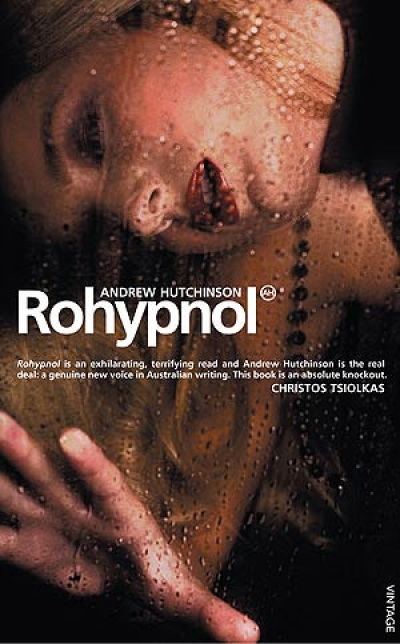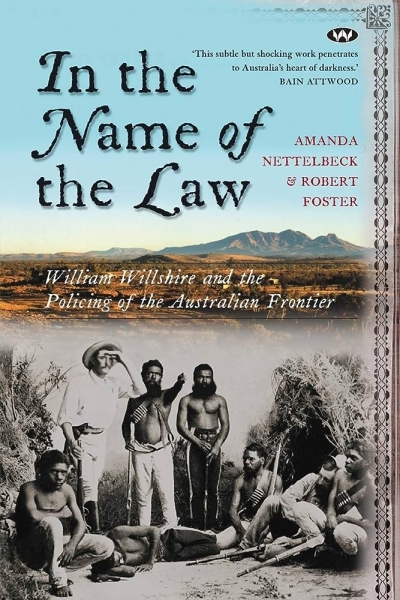Archive
Earth Under Fire: How Global Warming is Changing the World by Gary Braasch
by Ian Gibbins •
Racers of the Deep: The Yankee Clippers and Bluenose Clippers on the Australian Run 1852 - 1869 by Ralph P. Neale
by Gillian Dooley •
In the Name of the Law: William Willshire and the Policing of the Australian Frontier by Amanda Nettelbeck and Robert Foster
by Gillian Dooley •
Legacy of Ashes: The History of the CIA by Tim Weiner
by Peter Haig •
The Contemporary Bauman edited by Anthony Elliott
by Anthony Moran •
AUSTRALIAN JOURNAL OF FRENCH STUDIES VOL. XLIV, NO. 1, 2007 edited by Brian Nelson & AUSTRALIAN JOURNAL OF FRENCH STUDIES VOL. XLIV, NO. 2, 2007 edited by Brian Nelson and Françoise Grauby
by Colin Nettelbeck •









